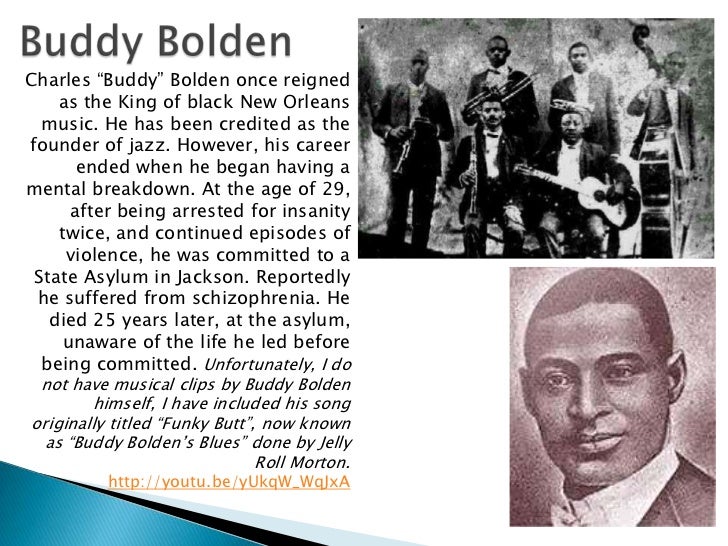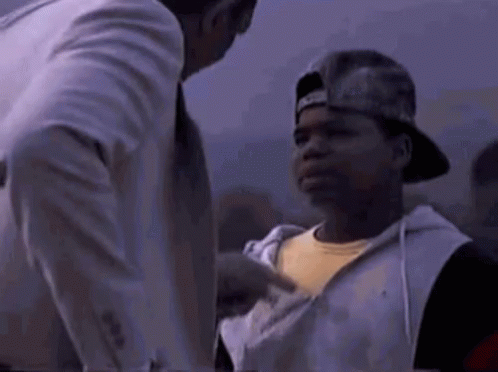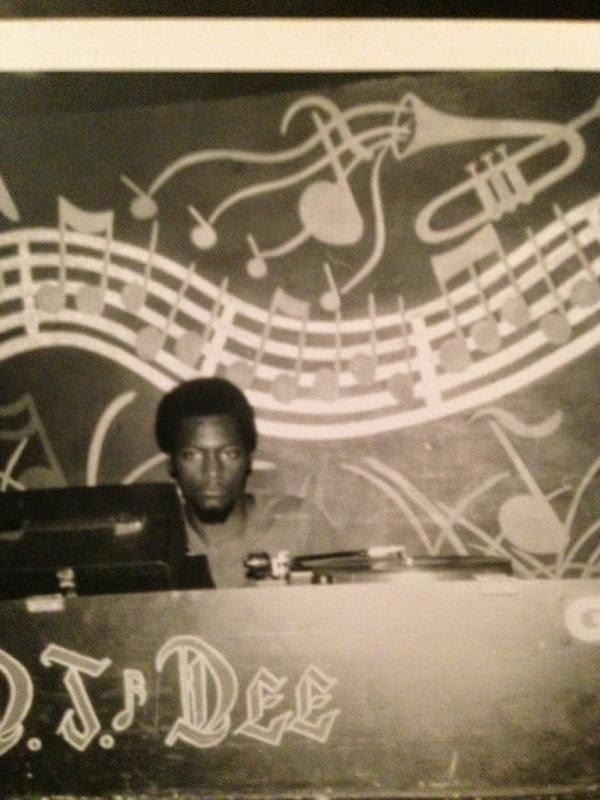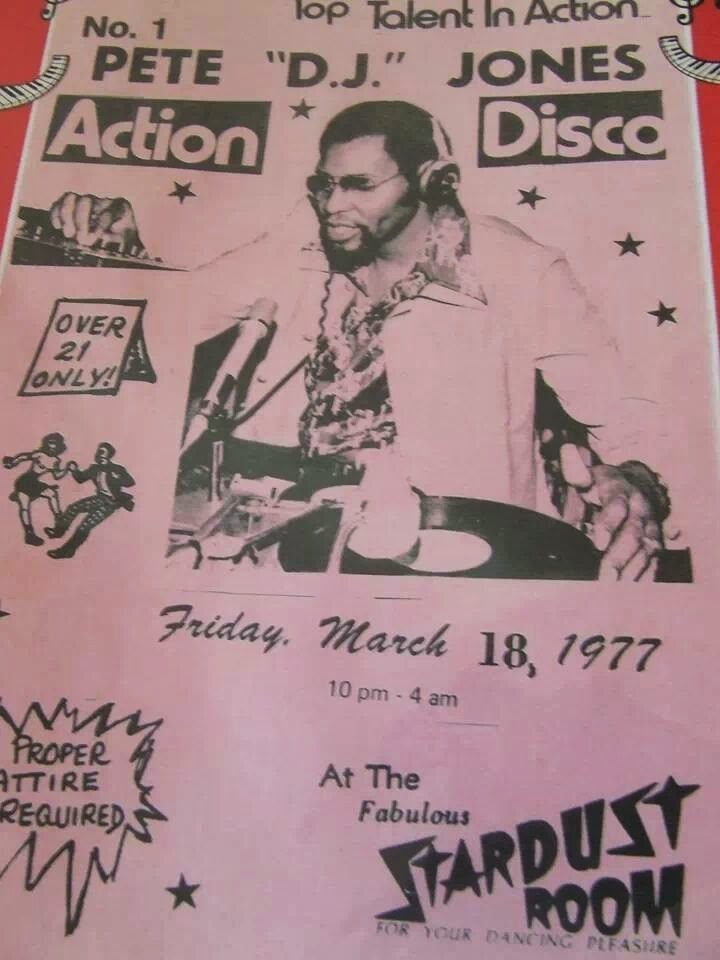IllmaticDelta
Veteran
Congo Square in New Orleans..birthplace of Jazz....That should tell you something bruh.
folkloric myth. The people who birthed jazz never were at congo square lol
Steve Smith :: Confessions of a U.S. Ethnic Drummer
MD: Did you consciously put yourself into a scholarly frame of mind to do this project, "Drumset Technique/History of the U.S. Beat"?
STEVE SMITH: That mindset of exploring the history of U.S. music is just something that I've been living for a long time, so I've been in that headspace for quite a few years.
MD: Then this project was merely formalizing something that you've been thinking about anyway?
SS: Yeah, exactly. I guess the place to start is the Vital Information album "Where We Come From." Before we did that album back in 1997 I had spent some time investigating Afro-Cuban music. I realized I could learn the patterns of that style of drumming and I could play it to a degree but I didn't really play it well, in my opinion, because I didn't grow up in the culture. I realized that the best musicians of the genre are literally all from Cuba or Puerto Rico or somewhere in the Caribbean and most of them know the history of their music and culture. This inspired me to focus on the music of my own culture and use that same approach. I had to admit that as a U.S. drummer I didn't know a lot about the origins of my own music. I knew some jazz history and I had lived through '60s rock and the fusion era but I didn't know a lot about early jazz or the early rhythm and blues, blues, country and gospel and all that. And at a point I really started seeing myself as part of a lineage, a U.S. ethnic drummer playing the percussion instrument of the United States -- the drum set.
MD: And that triggered your whole investigation of the past?
SS: Definitely. I wanted to be informed about my own past and what I was connected to. I became very engrossed in learning about the whole U.S. music scene in general and the development of the drum set in particular. So now I really do see myself as a U.S. ethnic drummer that plays all the different styles of U.S. music, not that I'm a unique person doing it because I think there's a lot of guys doing it but they may not have identified themselves as that. It's been helpful for me to think of myself as a U.S. ethnic drummer. It's a bigger perspective than "a jazz drummer" or "studio drummer" or "fusion drummer."
MD: It's like the machine was emulating Gadd, and then the next generation emulated the machine.
SS: Yeah, it's a real twist and a real shift. And so, to me, there's not a lot of new drum vocabulary since the '70s, the emphasis became execution -- perfection. Different music's have developed since then but a whole lot of new vocabulary isn't necessary to play it. You can pretty much recycle everything that developed up until the '70s to play the music. For example, drum 'n bass is basically funk drumming speeded up and hip-hop is funk slowed down. And both come directly from James Brown, it's still essentially the same rhythms and beats that the James Brown bands developed in the '60s and '70s. So even though some things have evolved and changed, it remains the same. Hopefully some new things will evolve but for the most part the lion's share of the vocabulary is already there for drummers.
MD: What were some of the surprises that you had in researching the early years...even the African connection. Were there any revelations about how this music developed as you found out about it in your research?
SS: I think what was significant to me is that in the United States there's no hand drum tradition, which in fact led to the drum set becoming the rhythmic voice of the African American community. Whereas, if history had played itself out differently and let's say we had a hand drum tradition in the United States, the drumset may have never been a necessary invention because we would've had a whole percussive orchestra just with hand drumming. But because of the no-drumming laws that were enforced during the time of slavery, the hand drum tradition that develops directly out of African drumming was squelched in this country. It is true that slaves in New Orleans were allowed to play hand drums once a week at Congo Square. But when you look at that in the scope of how long slavery existed in the United States, which is from the 1500s until the mid 1800s, Congo Square only represents about 40 years in the scheme of things. It began in 1817 and lasted until the mid 1850s. I think in some ways the significance of Congo Square has been a bit overemphasized. Congo Square had the drumming legally but there were other places in Louisiana and all over the South that had the African polyrhythmic percussive concepts still being practiced illegally or underground for the entire history of slavery in the U.S. There's a great book by Dena Epstein called "Sinful Tunes and Spirituals," which is a documentation of everything she could find on the African polyrhythmic concept surviving in the United States throughout the years of slavery. She found that people kept the African pulse alive in many ways such as playing washboards, jawbones, beating sticks on the floor, or stomping their feet on the floor. Even some African hand drums or African styled drums that were made in secret here in the U.S. have been found.
MD: And you make an interesting point in the DVD about the polyrhythmic style of "patting juba" leading to the development of the drumset.
SS: That's another percussion instrument, so to speak, that was developed in the U.S., where the person is playing with feet and hands, incorporating all the limbs just like the drumset. It's an African polyrhythmic concept and it was eventually applied to the drumset, which is the only percussion instrument in the world that uses all four limbs. So in effect, the slaves being deprived of hand drums set the stage for the African American community to embrace the drumset. Without hand drums they were forced to adapt to the European percussion instruments that were available in the1800s, the snare drum and the bass drum, so they were comfortable with the individual instruments that would make up the drumset. I find it real interesting that basically the invention of the drum set is the invention of the bass drum pedal. After that happened in the late 1800s, basically the drum set wasn't used for any other purpose than playing jazz, which was a creation of the African American community. So when people first played the drumset they wanted to play with that concept -- one person playing a snare drum and a bass drum with that African American swing rhythmic concept. The drumset could've just as easily been used in a symphony orchestra but it wasn't. It had some applications in, say, vaudeville and maybe a few situations here and there other than jazz but they never took off as playing concepts. The playing concept that we now take for granted is essentially an African American concept of how to use the instrument. This concept has been so thoroughly assimilated into the culture that most people don't even think about it or question how it came to be. Today the drumset is an instrument that's been accepted all over the world but it is quintessentially a U.S. instrument that developed from our unique history and culture.
Steve Smith :: Confessions of a U.S. Ethnic Drummer (part 1)
the man who was the first to play jazz was born almost 20 years after it closed down

Many early jazz musicians credited Bolden and the members of his band with being the originators of what came to be known as "jazz", though the term was not in common musical use until after the era of Bolden's prominence. At least one writer has labeled him the father of jazz.[8] He is credited with creating a looser, more improvised version of ragtime and adding blues to it; Bolden's band was said to be the first to have brass instruments play the blues. He was also said to have taken ideas from gospel music heard in uptown African-American Baptist churches.
Instead of imitating other cornetists, Bolden played music he heard "by ear" and adapted it to his horn. In doing so, he created an exciting and novel fusion of ragtime, black sacred music, marching-band music, and rural blues. He rearranged the typical New Orleans dance band of the time to better accommodate the blues; string instruments became the rhythm section, and the front-line instruments were clarinets, trombones, and Bolden's cornet. Bolden was known for his powerful, loud, "wide open" playing style.[6] Joe "King" Oliver, Freddie Keppard, Bunk Johnson, and other early New Orleans jazz musicians were directly inspired by his playing.




 . Repped for that.
. Repped for that.






